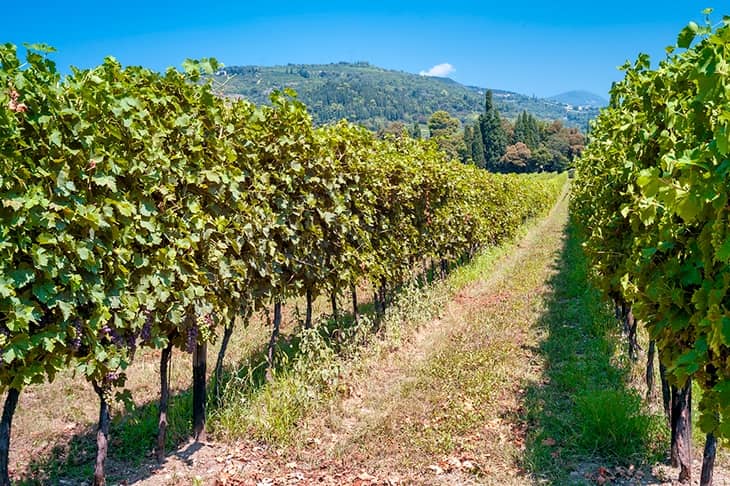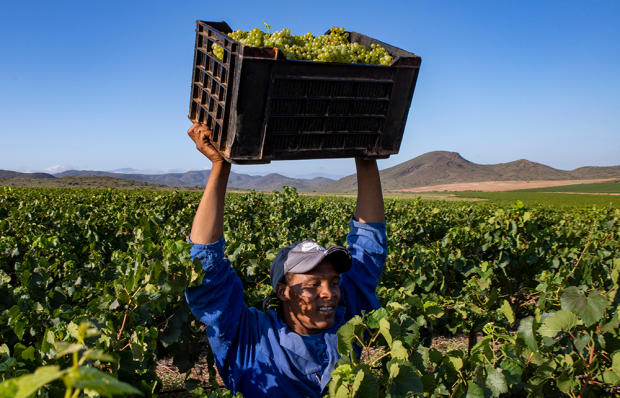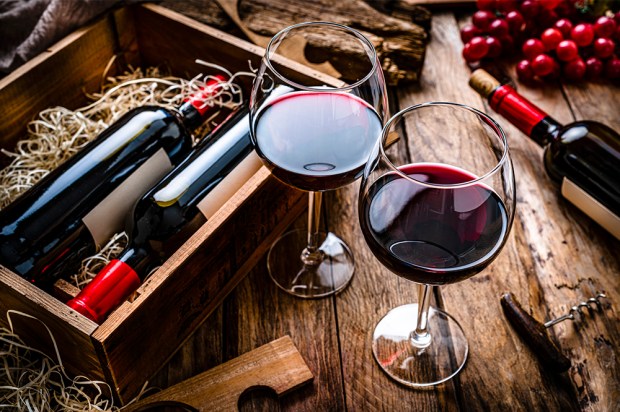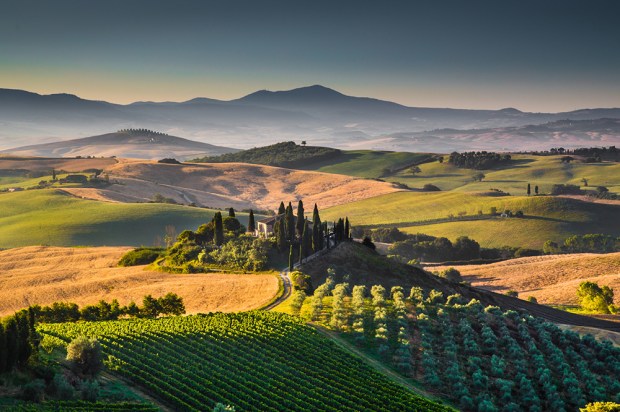Four hundred and fifty years ago this month, a great victory helped to safeguard European civilisation. The battle of Lepanto would be more enthusiastically commemorated if our civilisation retained its self-confidence.
For decades, the Ottoman empire had been menacing western Europe. Suleiman the Magnificent was the most formidable commander of the age, and Europe was doubly divided, both by the endemic rivalry between Spain and France and by the Reformation. Popes made regular attempts to persuade European monarchs to set aside their differences but these were usually unavailing. Rulers with other preoccupations often anticipated Stalin’s question: how many divisions has the Pope? By the 1570s, Venice was encouraging an anti-Ottoman coalition, for obvious reasons. Its possessions were in the front line. But no one ever trusted the Venetians for long.
Moreover, it could be argued that they were getting their just deserts. Venice played a crucial role in ensuring the Fourth Crusade ended with the sacking of Constantinople rather than the recapture of Jerusalem. Loot aplenty found its way to the Serenissima, most notably the four horses of St Mark’s. But the Byzantine empire had been fatally weakened. The Turks were the ultimate beneficiary. As they took control of the eastern Mediterranean, Venice lost trade and territory.
There was a dramatic example two months before Lepanto. The Ottomans overran Cyprus and the last Venetian garrison to fall was Famagusta where, their position hopeless, the defenders capitulated. Under the rules of war, a besieged city could expect merciful terms if it surrendered: not otherwise. Initially, the Turkish conquerors did show mercy, but there was then a hideous mood swing, with a massacre of Christians. The Venetian commander, Marco Antonio Bragadin, was tortured to death over three days, culminating in his being flayed alive.
News of this swept Christian Europe, which stiffened the sinews of war, especially in Venice. Military historians have come up with a cacophonous but indispensable phrase: species pseudo-differentiation. It is easier to kill your enemies if you regard them as a different — and inferior — species. ‘There is no place for cowards in heaven,’ proclaimed Don John, an illegitimate son of Charles V and the Christian fleet’s supreme commander. There was also no hope of mercy from the Ottomans.
The western allies won a smashing victory, inter alia freeing thousands of Christian captives the Turks had used as galley slaves. Although a triumph, Lepanto did not end the war. The Ottomans had been held at bay, not destroyed. It was more than a century before the Turkish threat to western Europe was ended, when King Jan Sobieski of Poland rescued Vienna.
Pope Pius V decreed that in thanksgiving for Lepanto, there should be a feast day to Our Lady of Victory. That has now been watered down to Our Lady of the Rosary: how wet. A few of us decided that we would have proper celebration, based on Amarone — for the Venetians — and Vega Sicilia, that great Spanish wine of victory.
Amarone is made from partially dried grapes and by tradition spends several years in oak, from which it emerges with a long life in prospect. It is not sweet enough to be a dessert wine, nor is it easy to pair with food. This has led some growers to aim for a lighter wine. Again, how wet. We drank the 2010, which was only just ready. It was a wine which would have been perfect for stiffening soldiers’ resolve on the morn of battle.
The Vega Sicilia, a 2005, soared above and beyond. This is a vinous Nike: a wine for the paladins’ toasts at the end of a glorious day. The best Spanish wine I have ever drunk, it was fully worthy to toast a heroic past. And a great anniversary.
Got something to add? Join the discussion and comment below.
Get 10 issues for just $10
Subscribe to The Spectator Australia today for the next 10 magazine issues, plus full online access, for just $10.
You might disagree with half of it, but you’ll enjoy reading all of it. Try your first month for free, then just $2 a week for the remainder of your first year.















Comments
Don't miss out
Join the conversation with other Spectator Australia readers. Subscribe to leave a comment.
SUBSCRIBEAlready a subscriber? Log in